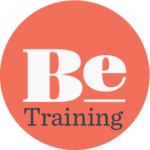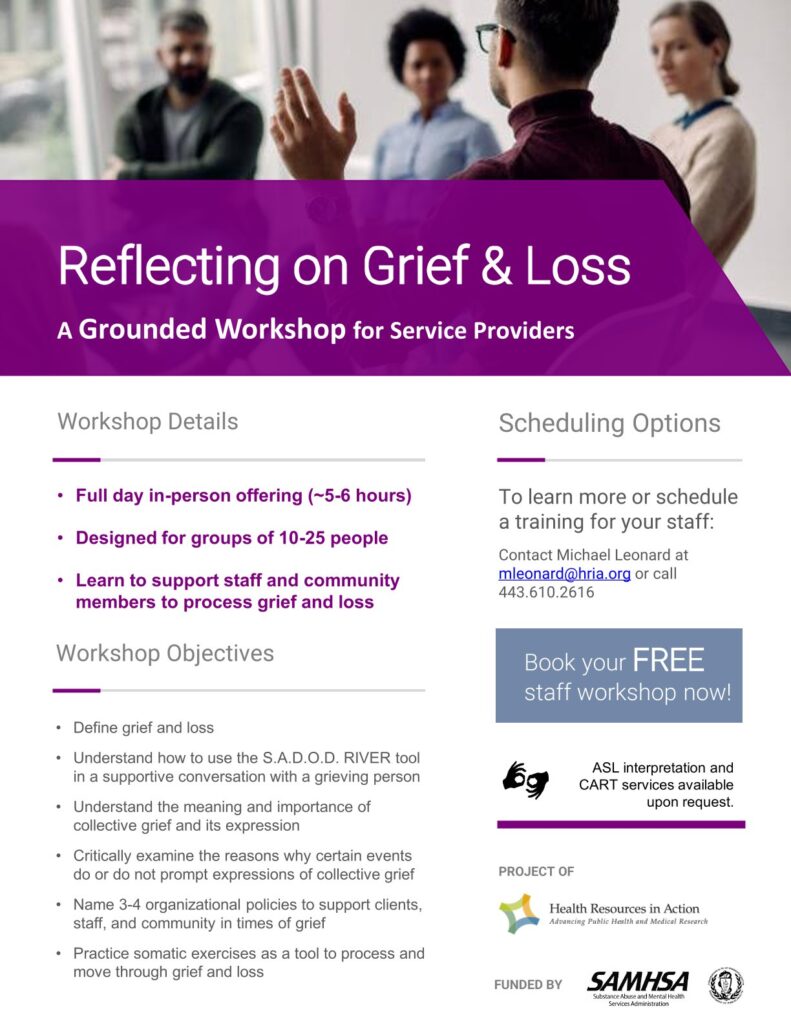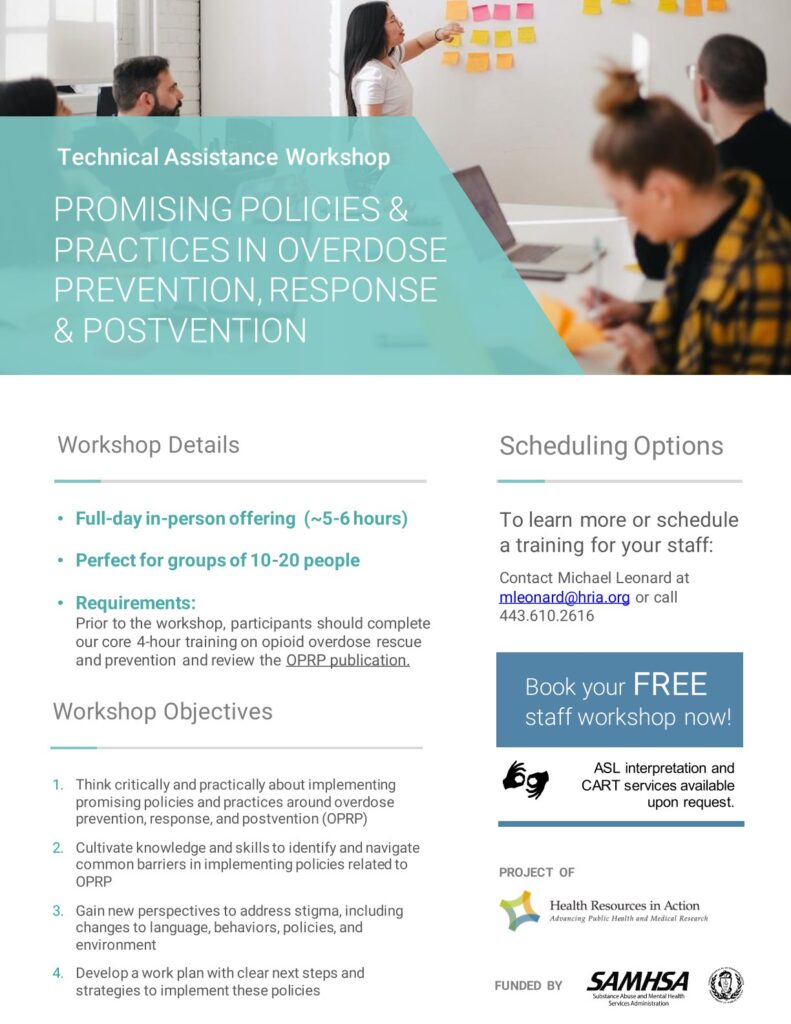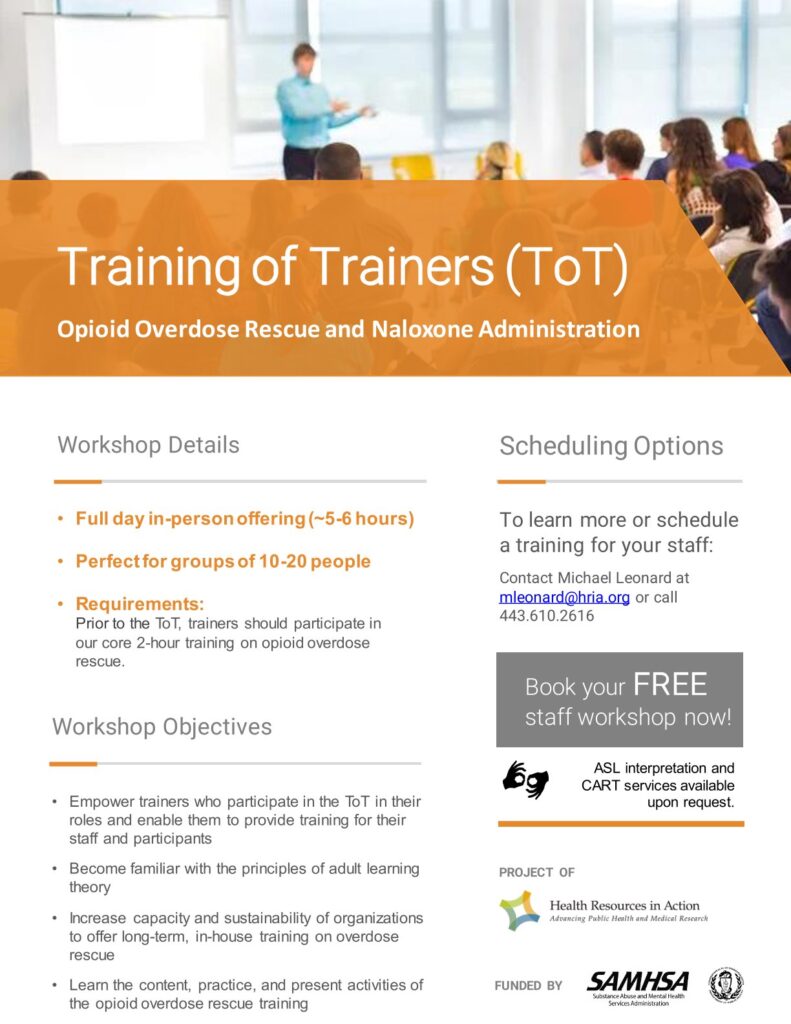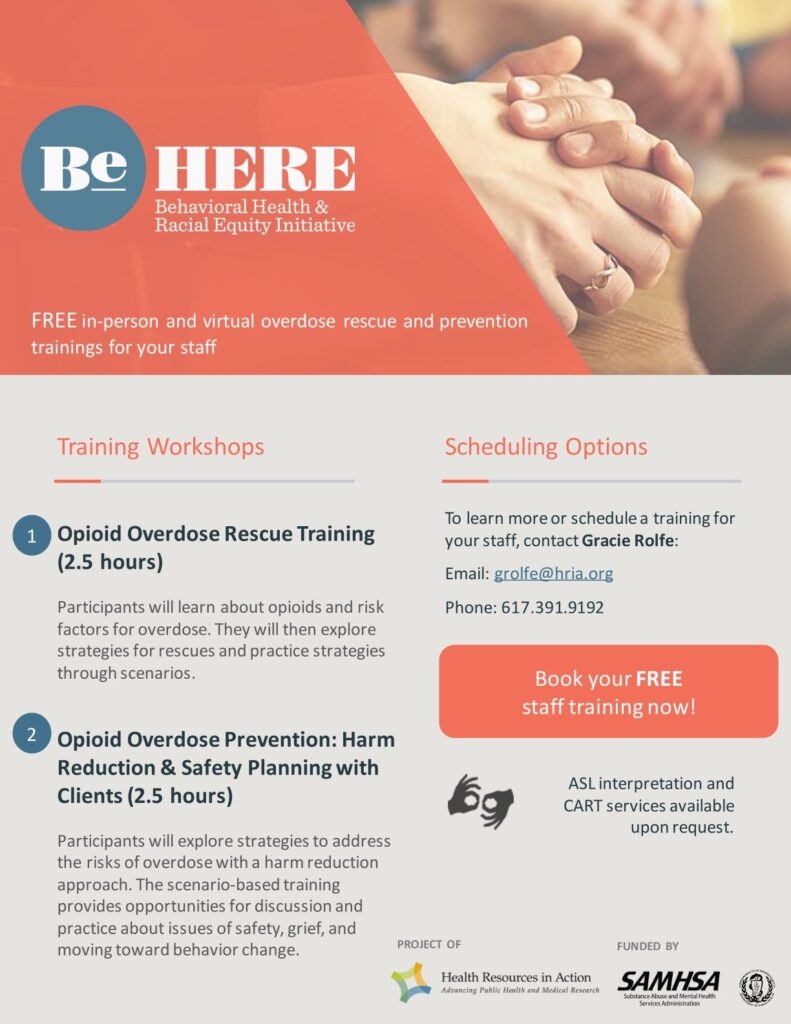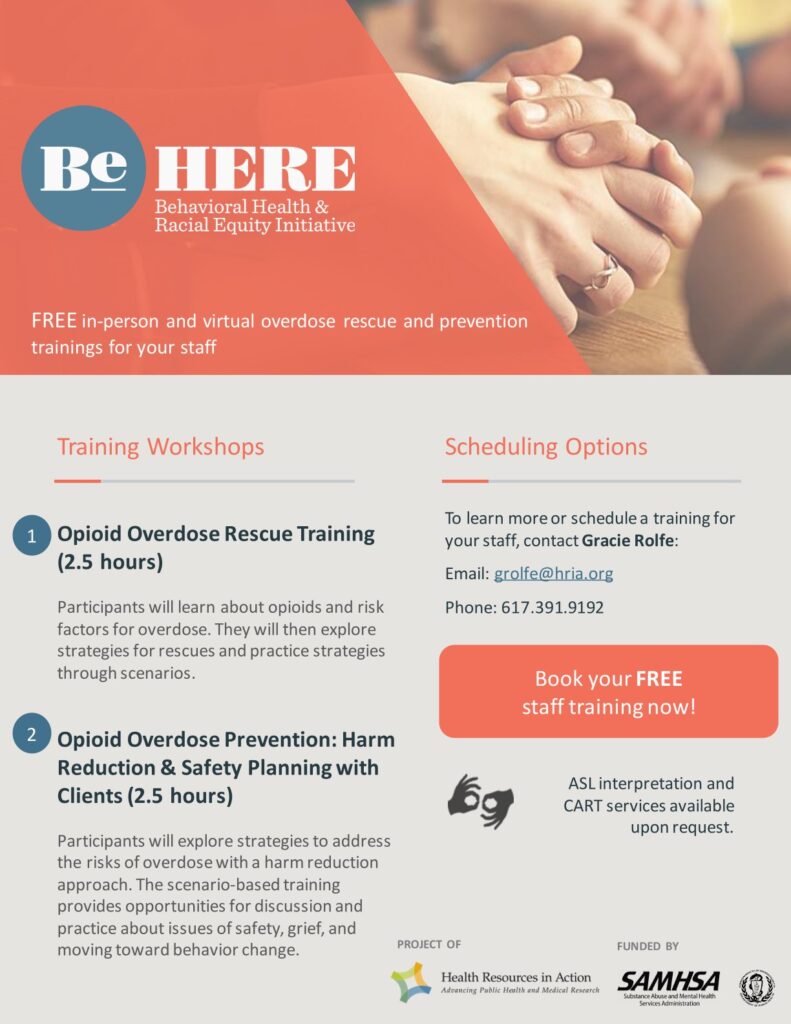This training is designed to build skills, best practices, and strategies to better support young people or adults in moments of escalation. It is vital for human service providers across fields to understand how trauma impacts the brain and often lies at the root of escalated incidents with clients or participants in programs. Utilizing a trauma-informed approach to de-escalation diminishes the chances of re-traumatizing people and builds up better coping mechanisms, encourages positive life-decisions, and allows for cohesive information sharing.
In this engaging and practical training module, we will focus on concrete ways we can better support our participants through escalated feelings. We will also discuss how to build a program that is trauma-informed in order to reduce the likelihood of escalations happening and to ease the process of de-escalation when they do.
By the end of this training, participants will be able to:
- Describe de-escalation techniques
- Review strategies for dealing with challenging situations
- Practice dealing with challenging situations
- Identify strategies for trauma-informed care
